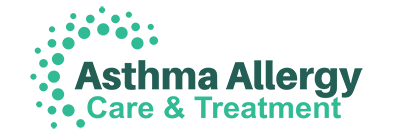 The office provides a personalized treatment plan for each patient, which may include avoidance, medication, immunotherapy Treatment, or sublingual immunotherapy (allergy drops).
The office provides a personalized treatment plan for each patient, which may include avoidance, medication, immunotherapy Treatment, or sublingual immunotherapy (allergy drops).
Allergen Avoidance
After allergens have been identified, detailed practical information and suggestions are given on how to avoid each specific allergen. Avoidance of the patients allergens decreases allergy and asthma symptoms.
Medication
There are a variety of over-the-counter and prescription medications that may be prescribed to relieve allergy symptoms. These may include antihistamines, steroid nasal sprays, decongestants, leukotriene inhibitors and eye drops.
Allergy Shots
Depending on the severity and nature of your allergies, allergen avoidance and allergy medication alone may not effectively manage your symptoms. Allergy shots (also known as subcutaneous immunotherapy or desensitization) are the most effective form of treating the underlying allergic mechanism that leads to allergic conditions. They work by causing the buildup of the blocking antibodies through repeated exposure. Allergy injections are usually started at a very low dose. This dose is gradually increased on a regular (usually 1-2 times per week) basis until a therapeutic dose (often called the “maintenance dose”) is reached. The maintenance dose is then administered once or twice per month. Over time, allergy injections eliminate or reduce your allergic symptoms and need for medication over time.
Can Allergy Shots Relieve Asthma?
Allergy shots are effective in the treatment of allergic asthma. Allergy shots can help relieve the allergic reactions that trigger asthma episodes, thereby enhancing breathing and decreasing the need for asthma medications.
